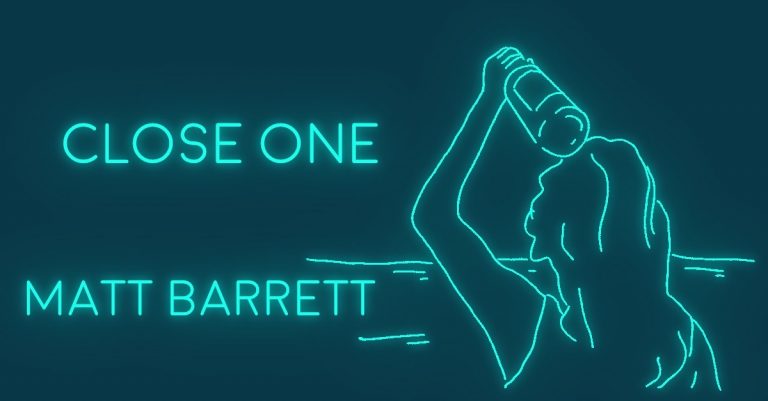
CLOSE ONE by Matt Barrett
He said he knew the best way to escape. He wouldn’t just sit back as the cops put handcuffs on their wrists.

He said he knew the best way to escape. He wouldn’t just sit back as the cops put handcuffs on their wrists.
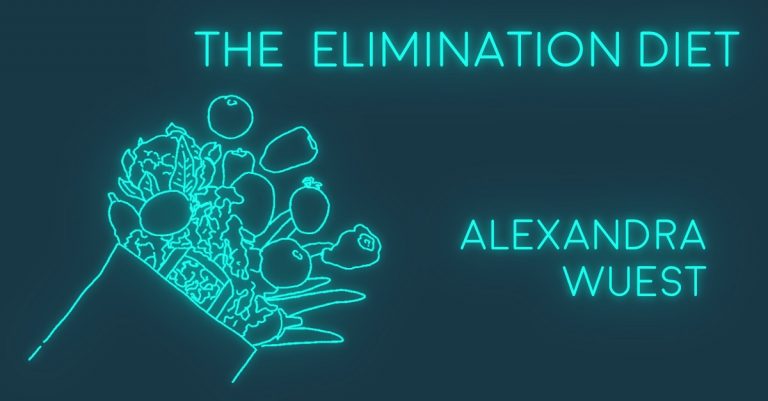
Her older sister Kathleen is on the clams casino diet. Her younger sister Nina is on the tap dance diet. Each sister thinks the others are crazy for eating the way they do and each sister says so.
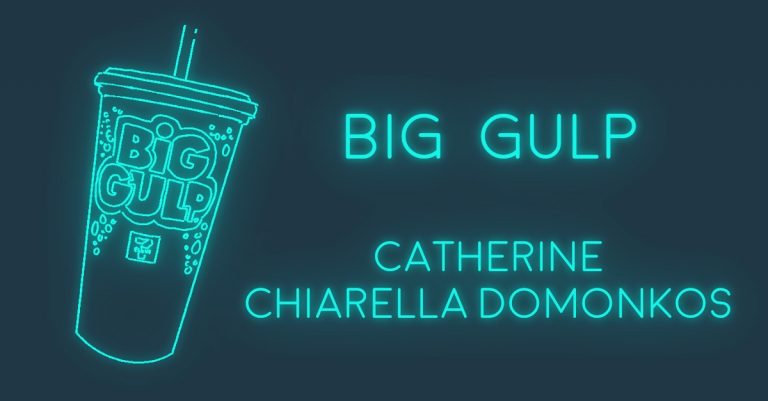
You hook up with Danny in a boys’ room stall after rock band practice the day he tells you when you hold the mike close to your lips it’s like you’re going down on it.
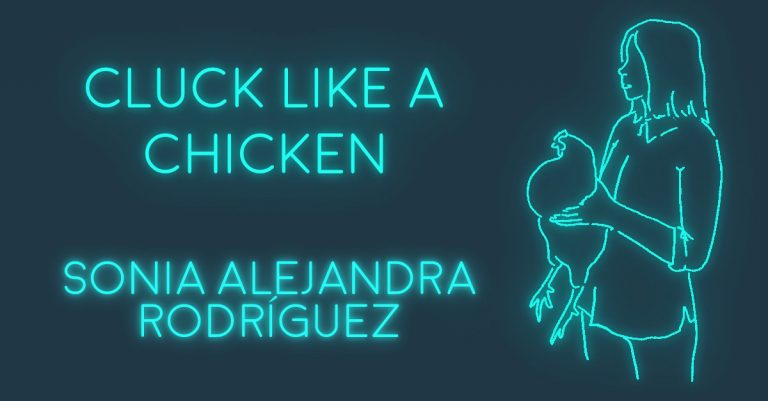
If this wasn’t serious business, you’d laugh your butt off because it looks like the chicken is wearing lipstick and the shine on its feathers makes you think of gel on jet black hair.
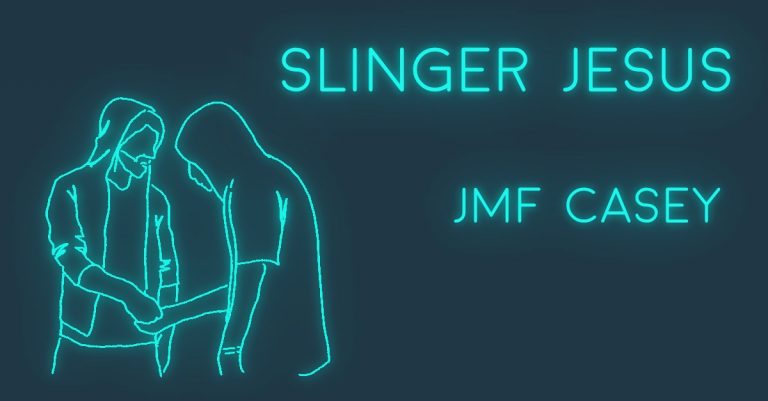
He held the baggy towards me, flexing its mouth, wafting the pungent vapours. It was barely a ‘teenth, not worth 30, but I bought it.
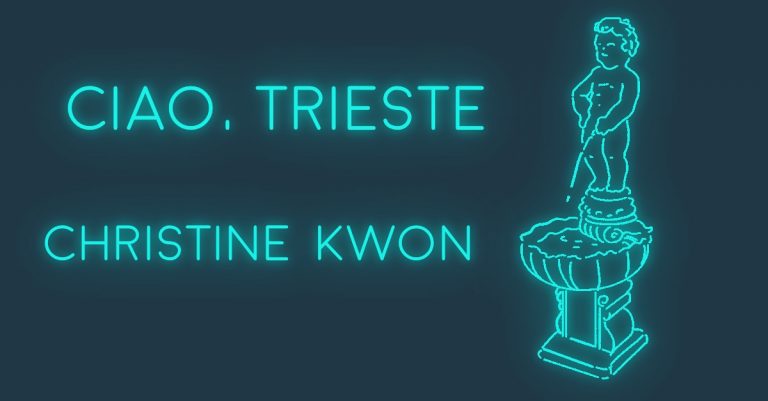
The screaming and kissing seem to come straight from the id, from the desire to suck out a man’s soul and leave him a desiccated shell.
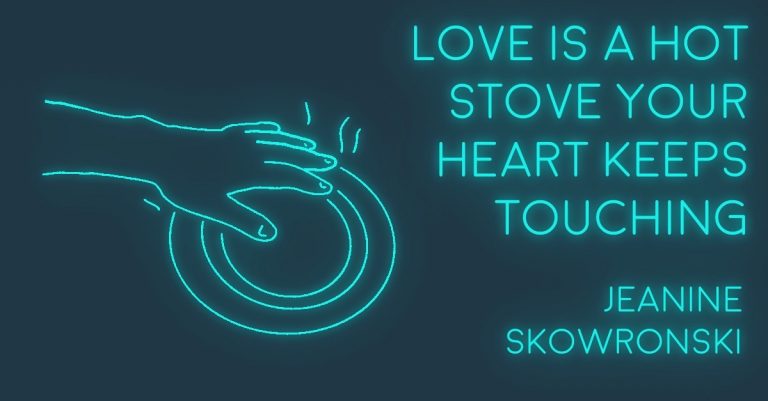
And so, you are here, you are here, you are waiting, frost-bitten and sun-stroked; you are waiting for a warmth that you think, that you know, that you think that you know now will never come.
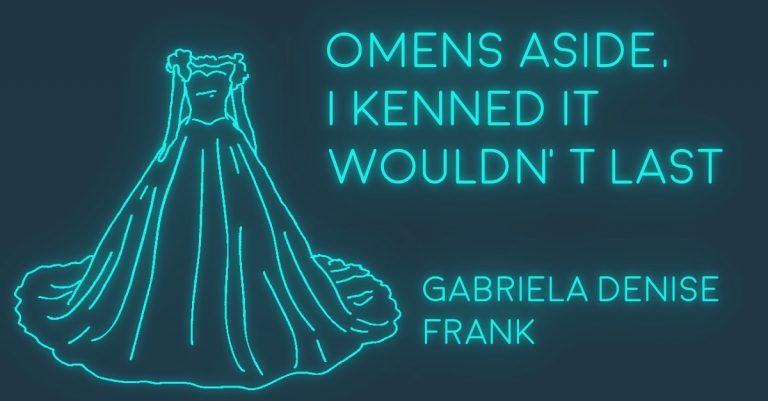
The chugging train slowed, then sighed to a halt over the England-Scotland border, the so-called station a mere strip of platform engulfed in endless verdant meadow dotted with clots of creamy sheep.

There’s a boardwalk to the water through the swamp and the swamp is full of white birds on skinny orange legs and there are plastic bags everywhere and Dew bottles and it smells like we’re in a Roman candle fizzing out—that smell, what do you call that?

On bad days, I fantasized about taking a sledgehammer to the train. I knew where the security cameras were (and weren’t).
